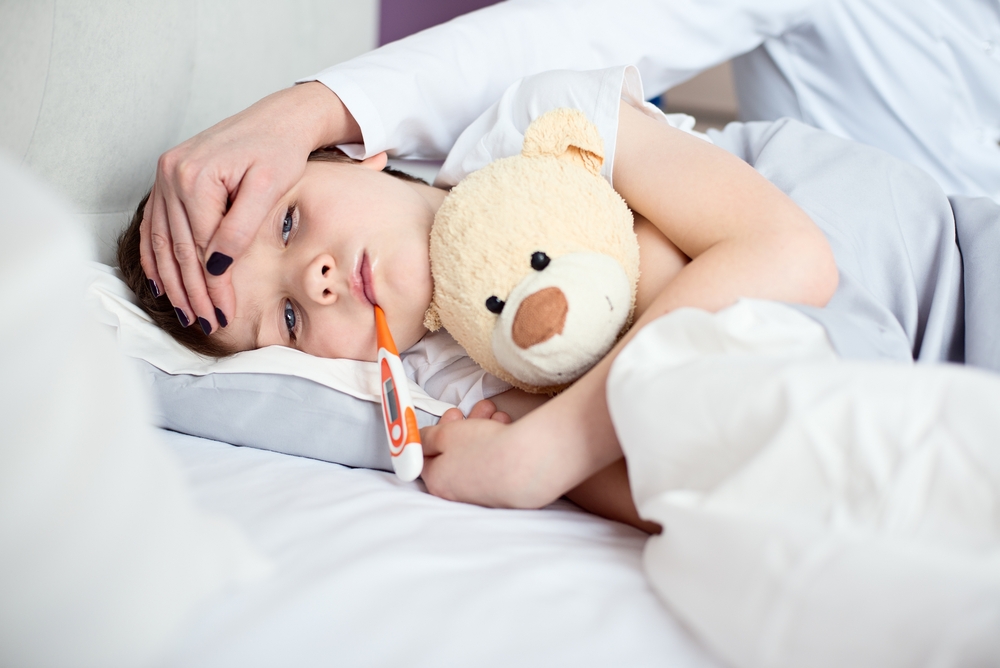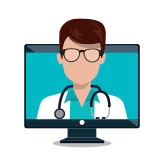Often when we get sick one of the most noticeable signs is the fever that comes a long with it. Fevers can be an indication of an illness or health issue. If you have a fever, then come into WellCare Urgent Care to get a proper diagnosis and treatment started.
Understanding Fevers
A normal body temperature is between 97-99F, or up to 100.4 F for children. A fever is an elevated temperature and it often indicates that you have another health issue such as pneumonia or influenza. A fever can lead to other problems such as severe nausea, vomiting, and diarrhea. A low-grade fever means that your body’s immune system is fighting a viral infection, but if your body’s temperature increases too much, then it can become dangerous. High fevers are especially dangerous for children or senior citizens who can become dehydrated rapidly. For a high fever, you may want to take pain relievers that will reduce your core body temperature, but this can also prevent the natural healing process.
Side Effects from Having a Fever
Additional fever symptoms include:
- Fatigue
- Headaches
- Sweating
- Muscle aches
- Chills
Fevers that Occur In Children
It is a good idea to have thermometers in a first-aid kit so that you can check the temperature levels of children or adults. There are the forehead, ear, rectal, and oral thermometers to check temperatures. If you have children, then you will have a major concern about the dangers of fevers, and here are some of the things to think about:
- Is the child’s skin dry?
- Is an infant or toddler still creating a wet diaper?
- Can a child still drink fluids?
- Does the child have other problems such as diarrhea or vomiting?
- Is the child having seizures?
- Can the child respond to you?
- Does the child complain about a headache or a stiff neck?
- Does the child have a rash or hives?
- Does the child have pain in the body such as near the appendix?
If their fever rises about 103 F, we recommend scheduling an appointment at our urgent care.
Can You Prevent Fevers?
Most fevers are caused by infectious conditions, and you can avoid infections by using better habits. Some of these good behaviors include:
- Washing your hands frequently
- Avoid touching your mouth, nose, or eyes
- Consuming a healthy diet
- Remaining hydrated
- Covering your mouth with a handkerchief while sneezing or coughing
Come into WellCare
If you or your child have a fever, it is imperative to take care of it and start treatment as quickly as possible. Fevers are not to be taken lightly. To get immediate care, come into WellCare Urgent Care center in Grand Rapids. We accept walk-ins and online appointments at our Cascade and Leonard locations.





